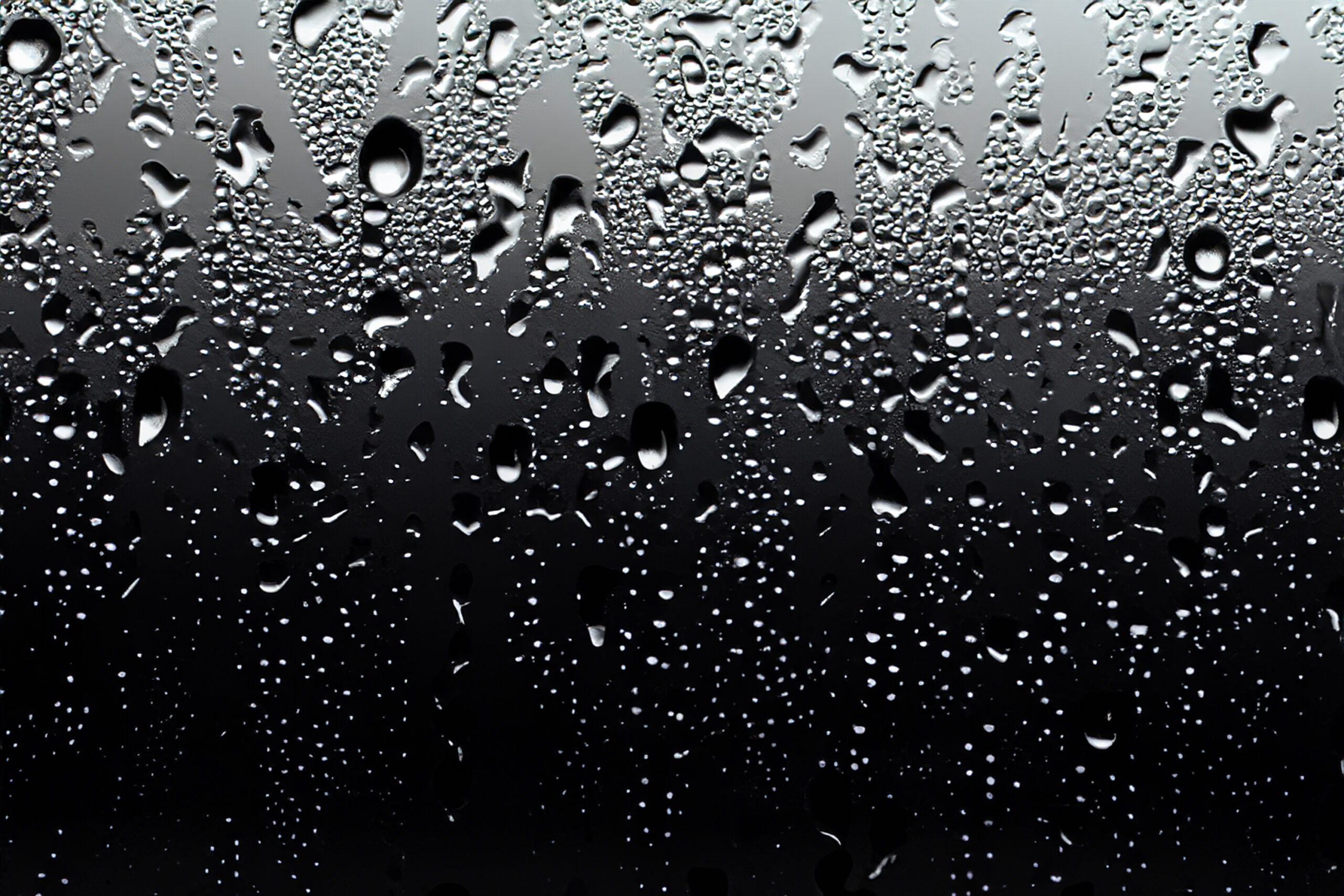Concrete Moisture Barrier: A Guide for Long Island, Brooklyn, and Queens Property Owner
Concrete is one of the most durable and widely-used materials for building foundations, flooring, and walls. However, it is also highly porous, making it vulnerable to moisture infiltration, which can lead to structural damage, mold growth, and other costly repairs. That’s where concrete moisture barriers come into play, offering an effective solution for controlling water and moisture within concrete surfaces.
In this guide, we’ll explore everything you need to know about concrete moisture barriers, why they’re important for property owners in Long Island, Brooklyn, and Queens, and how to implement them. Additionally, we’ll discuss moisture testing methods, moisture meters, and sealing solutions to ensure long-term protection for your concrete structures.
What is a Concrete Moisture Barrier?
A concrete moisture barrier is a protective layer applied to concrete surfaces to prevent moisture from penetrating the material. Moisture barriers can be installed on concrete walls, floors, or slabs, creating a seal that blocks water vapor from moving upward or through the structure. Without this barrier, excess moisture can lead to mold, mildew, and even concrete spalling over time.
Why Moisture Barriers are Critical in Long Island, Brooklyn, and Queens
Given the climate and seasonal weather patterns in Long Island, Brooklyn, and Queens, homes and commercial buildings are often exposed to significant moisture levels from rain, snow, and humidity. Concrete structures are particularly at risk of moisture buildup, which, if left untreated, can compromise both structural integrity and indoor air quality.
What to Use on Moisture Concrete Surface Walls
For moisture protection on concrete walls, you can use various sealing products. These include:
- Epoxy coatings: These create a thick, durable barrier that resists water infiltration.
- Concrete sealers: Acrylic or polyurethane sealers penetrate the concrete, blocking moisture from entering the surface.
- Liquid rubber membranes: This type of coating provides a waterproof barrier and is ideal for both indoor and outdoor concrete surfaces.
When deciding what to use on a moisture concrete surface wall, the choice depends on the specific application and the extent of moisture intrusion.
How to Conduct a Concrete Moisture Test
Testing your concrete for moisture before installing any moisture barrier is a crucial step. The most common method is the concrete moisture test, which determines how much moisture is present within the material.
- Plastic Sheet Test: A simple way to check for moisture is to tape a plastic sheet to the surface of the concrete and leave it for 24 hours. If there is condensation underneath, moisture is present.
- Concrete Moisture Meter: For a more precise reading, use a moisture meter for concrete. These devices measure the moisture levels inside the concrete and provide real-time results. This method is often used during pre-installation inspections for flooring or other coverings.
Choosing a Concrete Moisture Meter
A concrete moisture meter is an essential tool for accurately determining moisture levels. When choosing one, consider factors such as:
- Depth measurement: Some meters can measure moisture at different depths, which is useful for thicker slabs.
- Digital readings: Modern moisture meters provide digital displays for accurate and easy-to-read results.
- Pin vs. pinless: Pinless meters are non-invasive and won’t damage the concrete surface, while pin meters penetrate the concrete to deliver readings.
Importance of a Moisture Barrier for Concrete Floors
Installing a moisture barrier for concrete floors is essential to prevent issues like buckling in wooden floors, adhesive failure in tile or vinyl, and the growth of mold or mildew. A moisture barrier ensures that water vapor from beneath the concrete does not penetrate into the flooring materials above.
- Concrete slab moisture barrier: This type of barrier is typically applied below a concrete slab during construction to block groundwater and prevent moisture from rising into the structure.
- Moisture barrier for concrete floor: This barrier is applied directly to the concrete floor’s surface, particularly important in basements or areas prone to high humidity.
Types of Moisture Barriers for Concrete
There are several types of moisture barriers available depending on the specific needs of your project:
- Polyethylene sheets: Often installed beneath concrete slabs, these are an effective option for new construction.
- Liquid sealants: For existing floors and walls, liquid sealants can be applied to form a moisture-resistant coating.
- Epoxy or polyurethane membranes: These form a thick, waterproof barrier and are excellent for both indoor and outdoor applications.
Benefits of Installing a Concrete Moisture Barrier
The installation of a moisture barrier provides long-term benefits for your concrete surfaces:
- Prevents structural damage: Moisture barriers protect the concrete from cracking, spalling, and erosion.
- Reduces mold and mildew risk: Excess moisture can lead to mold growth, impacting both health and indoor air quality.
- Increases the lifespan of flooring: For properties in Long Island, Brooklyn, and Queens, moisture barriers safeguard floor coverings like hardwood, tile, and vinyl, preventing damage from water vapor.
Concrete Moisture Sealers
For added protection, consider applying a concrete moisture sealer. These sealers penetrate deep into the concrete, providing additional defense against water and moisture intrusion. The two main types of concrete moisture sealers are:
- Penetrating sealers: These sealers are absorbed into the concrete and create a long-lasting barrier that prevents moisture from reaching the surface.
- Topical sealers: These are applied to the surface and create a protective layer that blocks moisture.
Conclusion
Investing in a concrete moisture barrier is a critical step in safeguarding your property, especially in regions like Long Island, Brooklyn, and Queens where fluctuating weather conditions can lead to excess moisture. Whether you’re looking to protect a concrete floor, wall, or slab, applying the right moisture barrier can prevent long-term damage, reduce the risk of mold, and extend the lifespan of your concrete structures.
By using tools such as a concrete moisture meter and conducting proper moisture tests, you can ensure that your moisture barrier is effective. At The Mudjacking Contractor, we offer comprehensive moisture barrier installation services, including moisture testing and concrete sealing, tailored to meet the unique needs of properties in Long Island, Brooklyn, and Queens. Reach out to us today to learn more about how we can help protect your investment.

